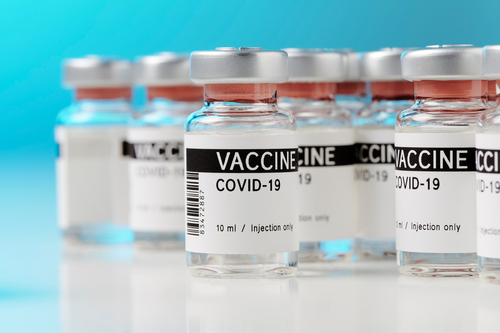
The Johns Hopkins Center for Health Security at the Bloomberg School of Public Health has launched a coalition to promote equitable vaccination distribution.
The COVID-19 pandemic has disproportionally affected communities of color in the country. Infection and mortality rates are highest in non-white groups, particularly Black, Indigenous, and Latino/Latinx populations. The pandemic has exacerbated systemic factors that have driven longstanding health inequities among communities of color.
The CommuniVax coalition seeks to remedy that. It will conduct rapid ethnographic research related to COVID-19 vaccination among historically underserved communities of color. As hard-hit communities must have an active role in the vaccination campaign, research teams will work with community members to develop suggestions on strengthening COVID-19 vaccine delivery and communication strategies. The coalition will disseminate community viewpoints to national stakeholders to develop a more equitable and effective vaccination effort.
“By understanding the concerns and desires of people of color and the constraints they experience, and by supporting them to take charge of their hometown’s vaccination responses, this project has the potential to increase vaccination rates and decrease the health, economic, and social effects of the pandemic,” Dr. Monica Schoch-Spana, a medical anthropologist and senior scholar at the Johns Hopkins Center for Health Security, said.
The CommuniVax coalition will be led by Schoch-Spana and Dr. Emily Brunson, an associate professor of anthropology at Texas State University. Schoch-Spana and Brunson have assembled five local research teams, a national expert working group, and a network of national associations representing stakeholders on both sides of vaccination. The teams — comprised of social scientists, public health authorities, and community leaders — have established relationships within the communities where they will work. Teams will work in San Diego, Southeastern Idaho, Baltimore, Prince George’s County, Md., and Tuscaloosa, Ala.
“This project represents a timely opportunity to support community alignment around COVID-19 vaccination,” Brunson said. “There are many longstanding issues that need to be considered in this and future public health emergencies. It is important for public health experts and practitioners to learn from—and work directly with—communities to nurture trust and build collective ownership.”
CommuniVax received a $2 million grant from the Chan Zuckerberg Initiative to fund this research.

